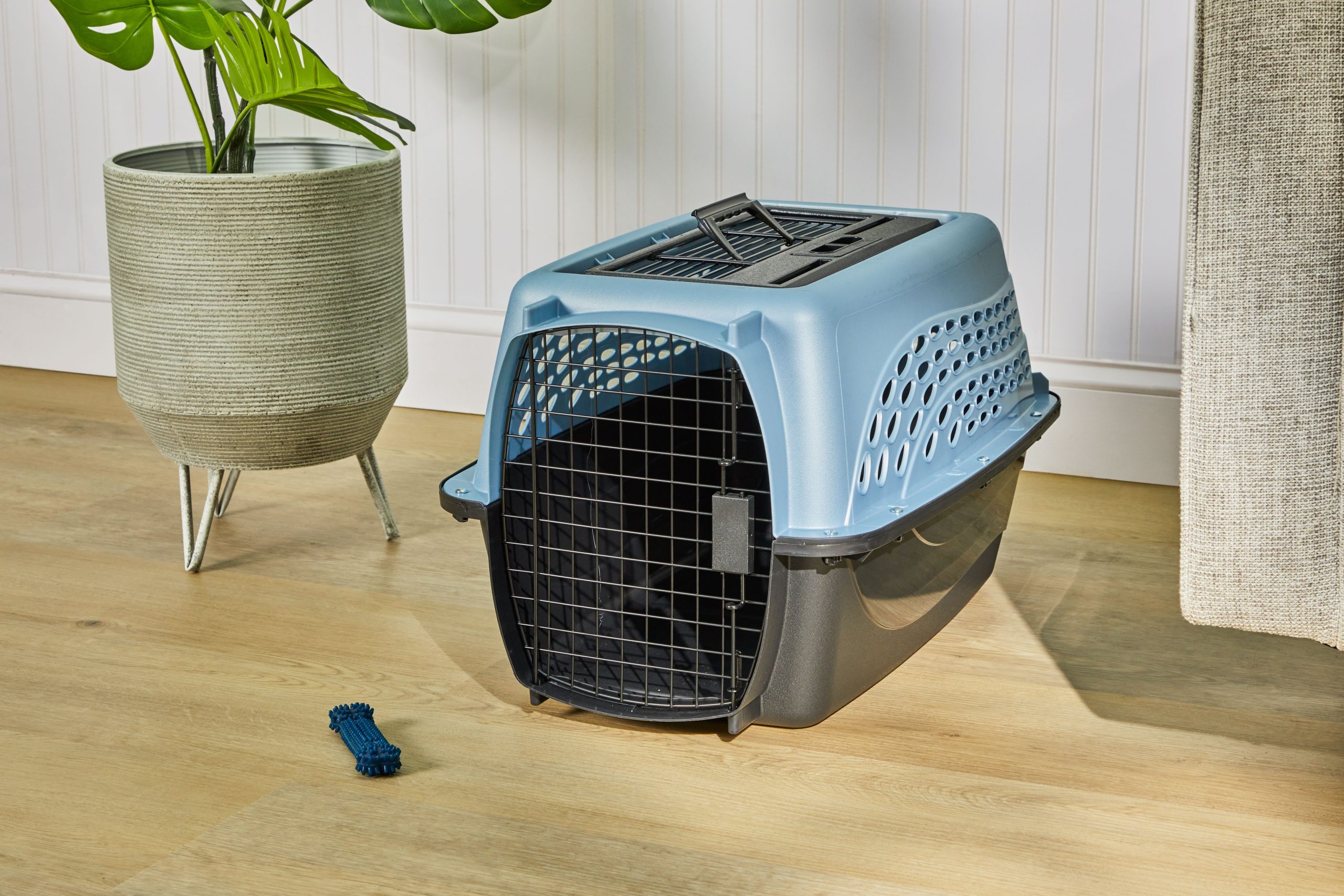Puppy Flea And Worm Treatment Essentials for New Owners
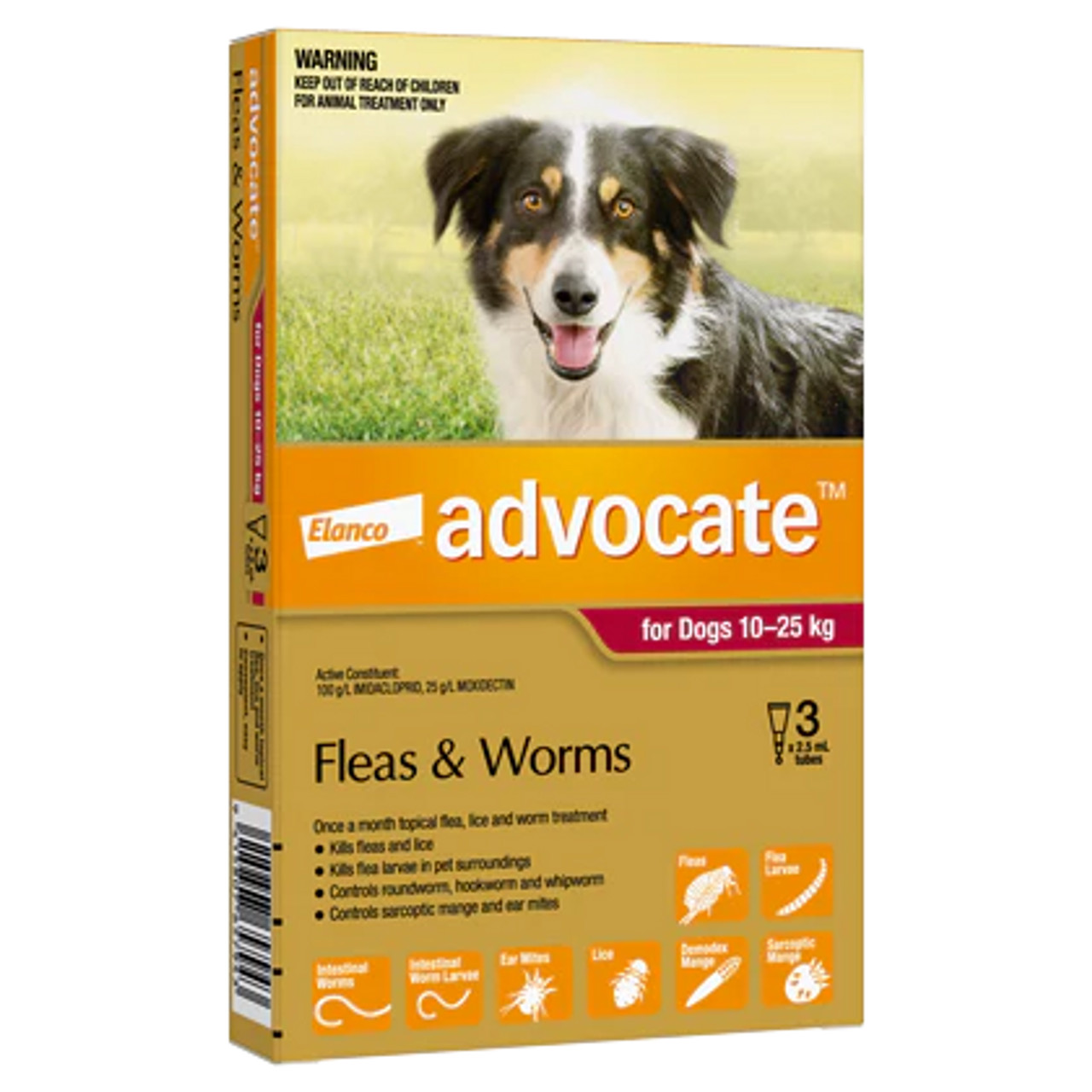
Puppy Flea And Worm Treatment: Fleas and worms can harm your puppy’s health. Treating these issues is essential for your pet’s well-being.
As a new puppy owner, you want to keep your furry friend safe and happy. Fleas and worms are common problems that many puppies face. These pests can cause discomfort, illness, and stress for both you and your pet. Understanding how to treat and prevent these issues is vital for your puppy’s health.
Effective treatments are available, but knowing when and how to use them can be confusing. This guide will help you navigate the best methods for keeping your puppy free from fleas and worms. Your puppy deserves a healthy start in life, and proper treatment is a key part of that care.
Getting Started With Puppy Care
Taking your puppy to the vet is very important. This visit helps check your puppy’s health. The vet will look for fleas, ticks, and worms. These can make your puppy very sick.
Getting a flea and worm treatment is key. The vet will suggest the best products for your puppy. Make sure to follow the vet’s instructions carefully. This keeps your puppy safe and healthy.
Puppy parasites can cause many problems. They can make your puppy feel tired and sick. Regular checks help you catch these problems early.
| Parasite | Signs |
|---|---|
| Fleas | Itching, scratching |
| Worms | Weight loss, bloated belly |
Flea Prevention For Puppies
Choosing the right puppy flea and worm treatment is important. Look for options safe for young dogs. Consult your vet to find the best choice. Some treatments are topical, while others are oral. Pick one that fits your puppy’s needs.
Application tips help ensure effectiveness. Apply the treatment as directed on the package. Avoid bathing your puppy for a few days after treatment. This helps the medicine work better. Always check for any reactions after applying.
Regular checks for fleas are necessary. Use a fine-tooth comb to inspect your puppy’s fur. Look for any signs of fleas or flea dirt. Early detection makes treatment easier.
Understanding Worms In Puppies
Worms can harm puppies. They take nutrients from the puppy’s food. This makes puppies weak and sick. Common types of worms include:
- Roundworms: long and spaghetti-like.
- Tapeworms: flat and segmented.
- Hookworms: small but very dangerous.
- Whipworms: thin and whip-shaped.
Signs of worm infestation are easy to spot. Look for these signs:
- Weight loss: Puppy may eat well but lose weight.
- Potbellied appearance: Belly looks big and swollen.
- Vomiting: Puppy may throw up worms.
- Diarrhoea: Puppy has loose or bloody stools.
Worm Treatment Strategies
Safe deworming solutions are important for your puppy’s health. Use vet-recommended treatments. These are safe and effective.
Choose oral medications for easy application. Some treatments come in tasty forms. Puppies usually like them.
Topical treatments are another option. They are applied directly to the skin. These can also help with fleas.
Check your puppy’s weight. This helps ensure the right dosage. Follow the schedule your vet suggests.
Deworming schedules vary by age and health. Young puppies often need treatment every few weeks. Older puppies may need it less often.
| Age of Puppy | Deworming Frequency |
|---|---|
| 6-12 weeks | Every 2 weeks |
| 12 weeks – 6 months | Monthly |
| 6 months and older | Every 3-6 months |
Integrating Flea And Worm Control
Coordinating treatments for fleas and worms is important. Treat your puppy at the same time. This helps keep them safe from both problems. Make sure to use products that work well together.
Avoiding overmedication is crucial. Too much medication can harm your puppy. Always follow the instructions on the product label. Check with your vet before starting any new treatment.
Regular check-ups are key. Your vet can help you create a safe plan. Keep track of your puppy’s health. Look for signs of fleas or worms. Early action is always best.
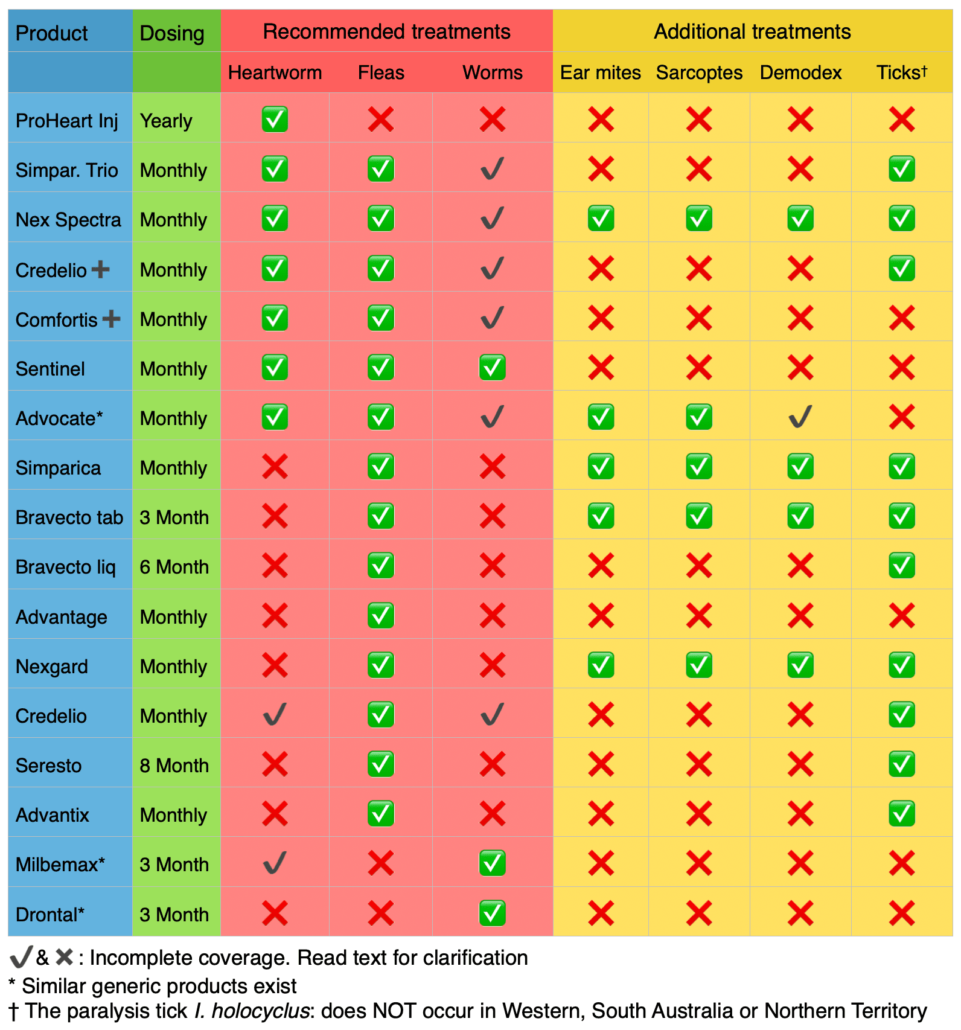
Credit: www.walkervillevet.com.au
Natural Remedies And Alternatives
Natural remedies can help treat puppy fleas and worms. Many people prefer these options.
Herbal treatments are popular. Some herbs fight fleas. Examples include:
- Neem oil: It repels fleas.
- Lavender: It soothes skin and smells good.
- Rosemary: It can kill flea eggs.
Dietary supplements also help. They boost health and improve fur. Some useful supplements are:
- Omega-3 fatty acids: They keep skin healthy.
- Probiotics: They support gut health.
- Pumpkin seeds: They can help with worms.
Monitoring Your Puppy’s Health
Regular check-ups are very important for your puppy. They help find problems early. A vet can check for fleas and worms. This keeps your puppy healthy.
Recognising symptoms is key. Watch for signs of fleas. These include scratching and biting. Look for red spots or hair loss. Worms can cause a bloated belly. Other signs are weight loss and tiredness.
Early treatment makes a big difference. It helps your puppy feel better. Always talk to a vet if you notice any signs. Keeping your puppy healthy is a top priority.
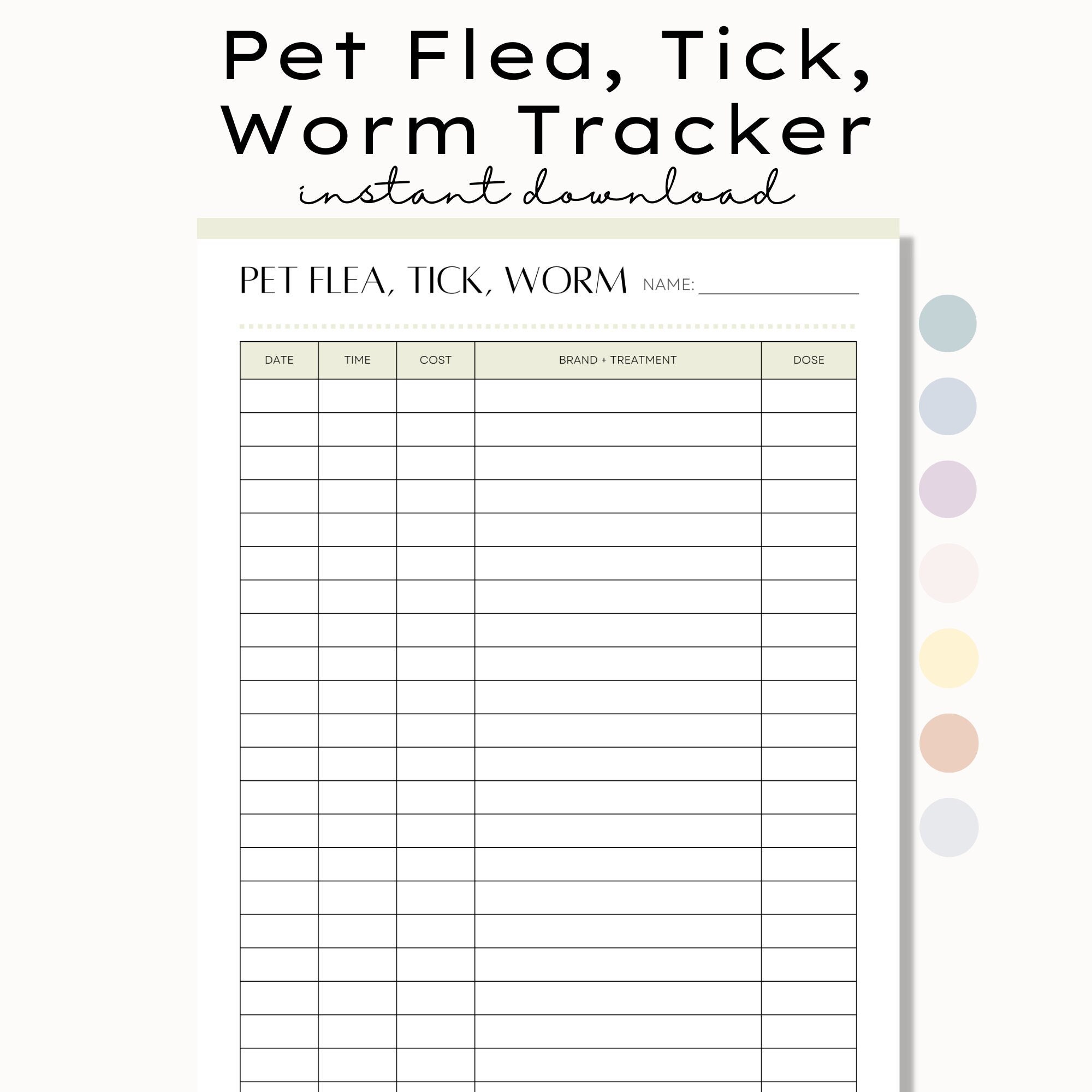
Credit: www.etsy.com
Faqs On Flea And Worm Treatment
Many people worry about puppy age-related concerns. Puppies can have different needs. Flea and worm treatments depend on their age. Always check the age limits on products. Some treatments are safe for young puppies. Others may not be safe until they are older.
Product safety is very important. Read the label carefully. Look for ingredients that are safe for puppies. Always follow the instructions. Some treatments are more effective than others. Ask your vet for advice. They can suggest the best option for your puppy.
Keeping your puppy safe is key. Regular treatments help prevent serious problems. Fleas and worms can cause health issues. Stay informed and choose wisely.
Emergency Situations And First Aid
Severe infestations of fleas and worms can harm your puppy. Look for signs like constant scratching or biting. Watch for weight loss or a bloated belly. These may mean your puppy needs help.
Seek immediate care if you notice:
- Severe scratching that leads to skin infections.
- Vomiting or diarrhoea that lasts more than a day.
- Weakness or lethargy that is unusual.
- Visible worms in faeces or around the tail.
Don’t wait too long. Fast treatment is important for your puppy’s health. Contact a vet right away if you see these signs.
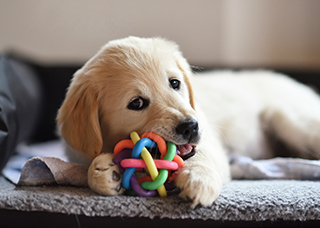
Credit: uk.frontline.com
Frequently Asked Questions
What Are The Signs Of Fleas On Puppies?
Signs of fleas on puppies include excessive scratching, biting, or licking at their skin. You might also notice small black specks in their fur, known as flea dirt. Additionally, check for red, irritated skin or hair loss in areas where fleas are present.
Regular grooming can help identify these issues early.
How Often Should I Treat My Puppy For Worms?
Puppies should be treated for worms every two weeks until they are 12 weeks old. After that, a monthly deworming schedule is recommended until they reach six months of age. Regular vet check-ups can help ensure your puppy remains worm-free and healthy throughout their growth stages.
Can I Use Human Flea Treatments on My Puppy?
No, human flea treatments can be toxic to puppies. Always use products specifically designed for dogs. Consult your veterinarian for safe and effective flea treatment options. Using the wrong products can cause serious health issues for your pet, so prioritise their safety by choosing appropriate treatments.
How Do I Prevent Fleas and Worms in Puppies?
To prevent puppy flea and worm, you should take proper treatment and maintain good hygiene for your puppy. Regularly bathe and groom your pet to remove dirt and debris. Use vet-recommended flea and worm prevention products consistently. Keeping your home clean and treating outdoor areas can also significantly reduce the risk of infestations.
Conclusion
Taking care of your puppy’s health is essential.Puppy flea and worm treatment is very essential. Regular treatment keeps them safe and happy. Always consult your vet for the best options. Choose products that suit your puppy’s age and size. Monitor their health closely after treatment.
A healthy puppy means more fun and playtime. Protect your furry friend from these common issues. With the right care, your puppy will thrive. Keep them healthy, and enjoy every moment together.




